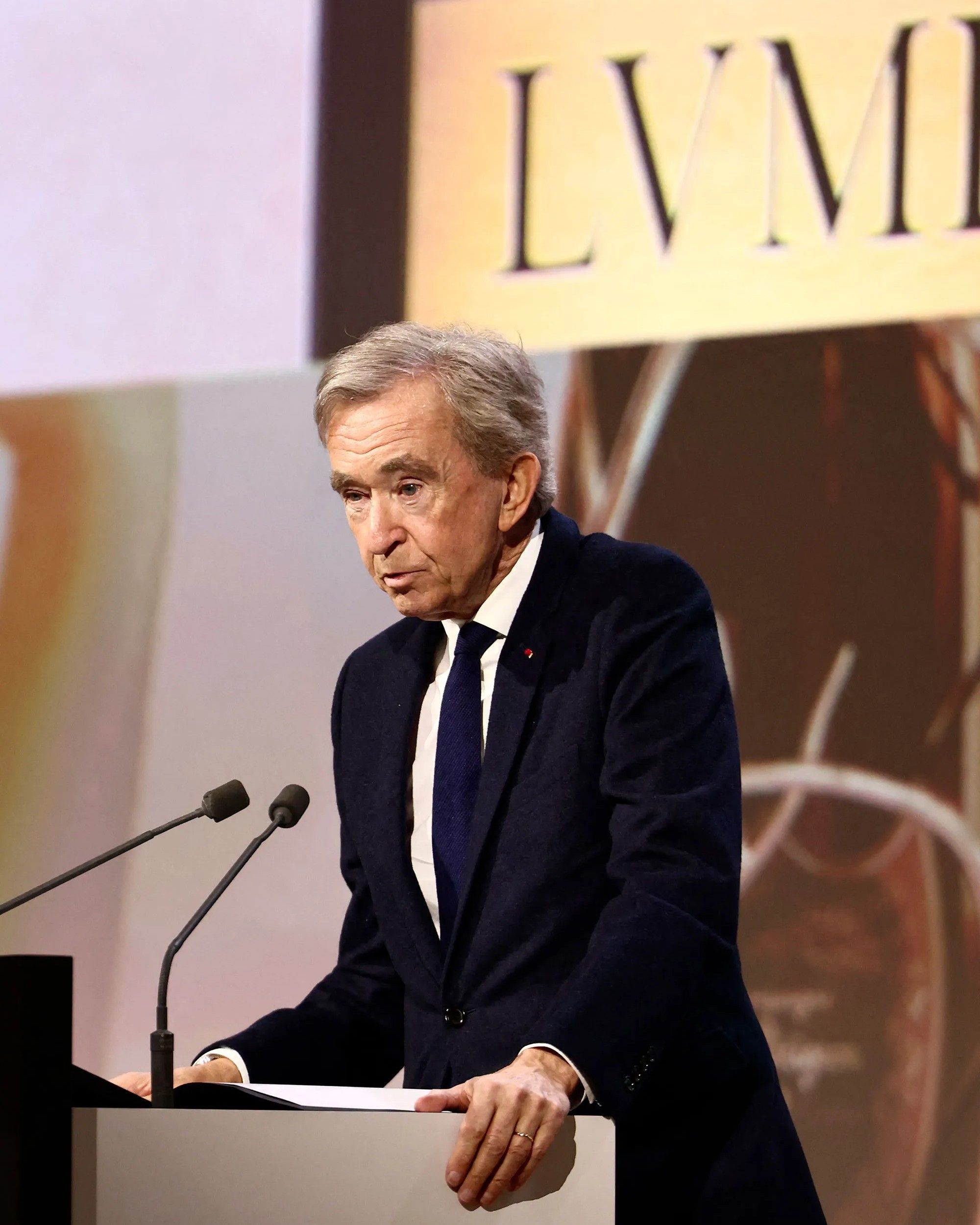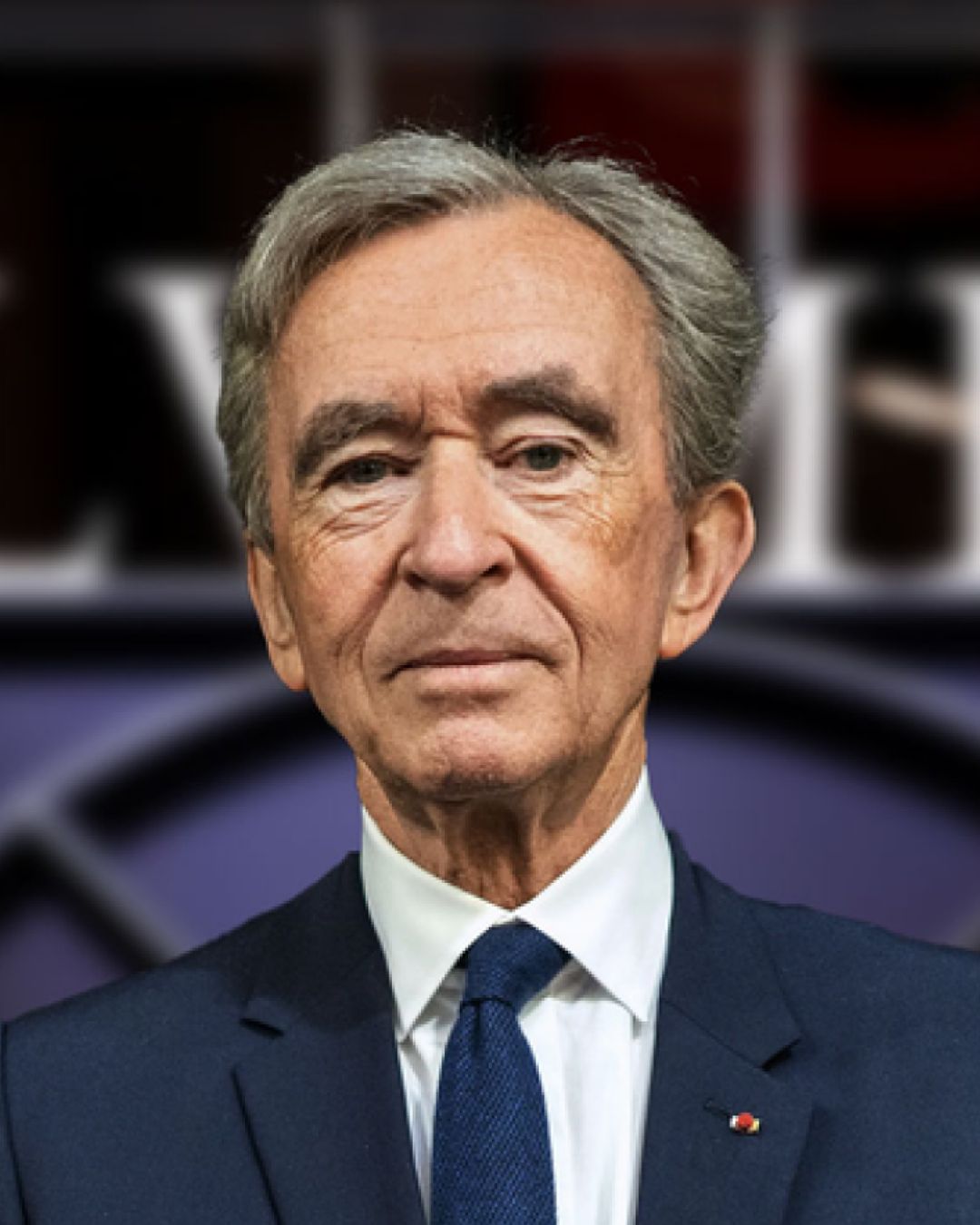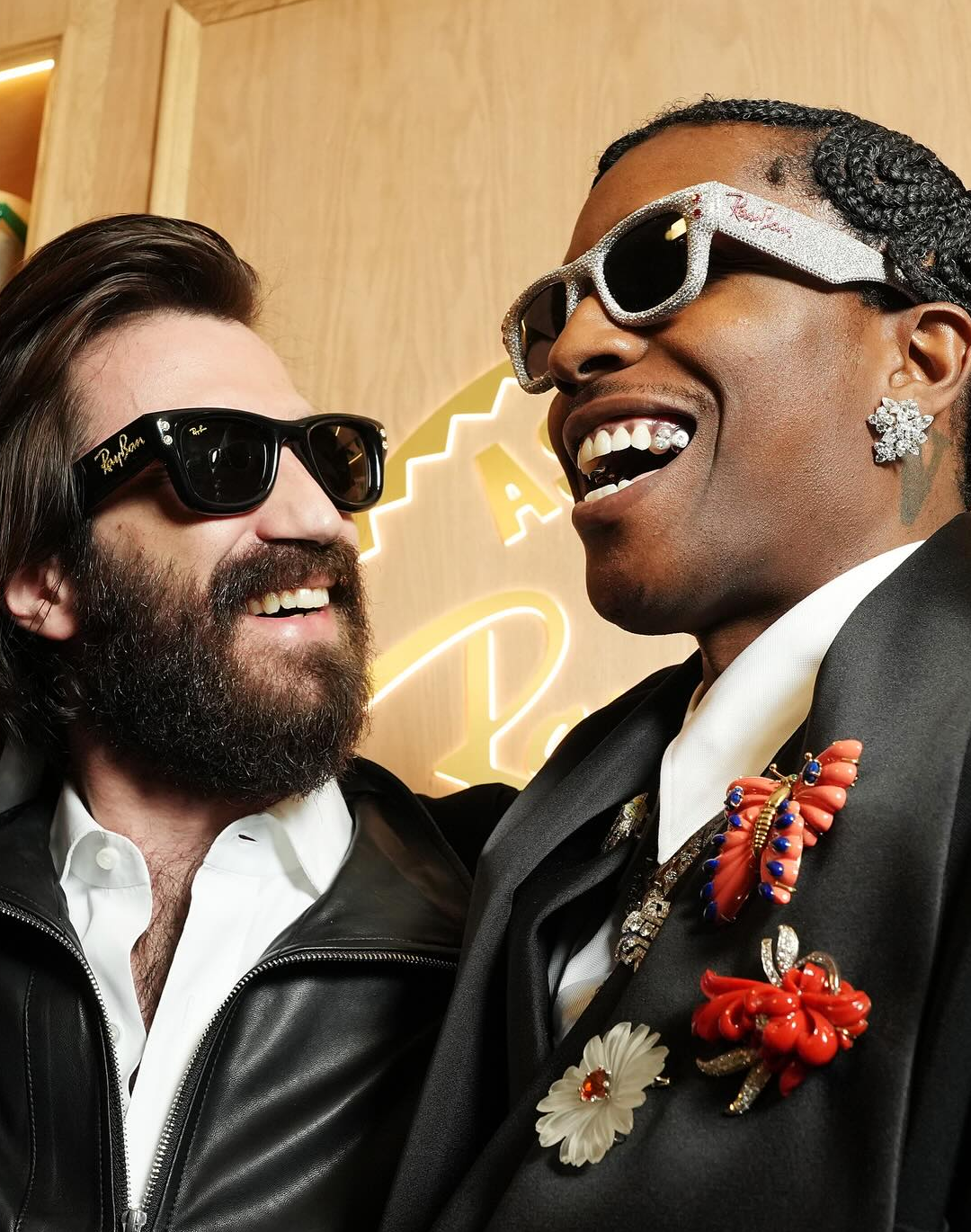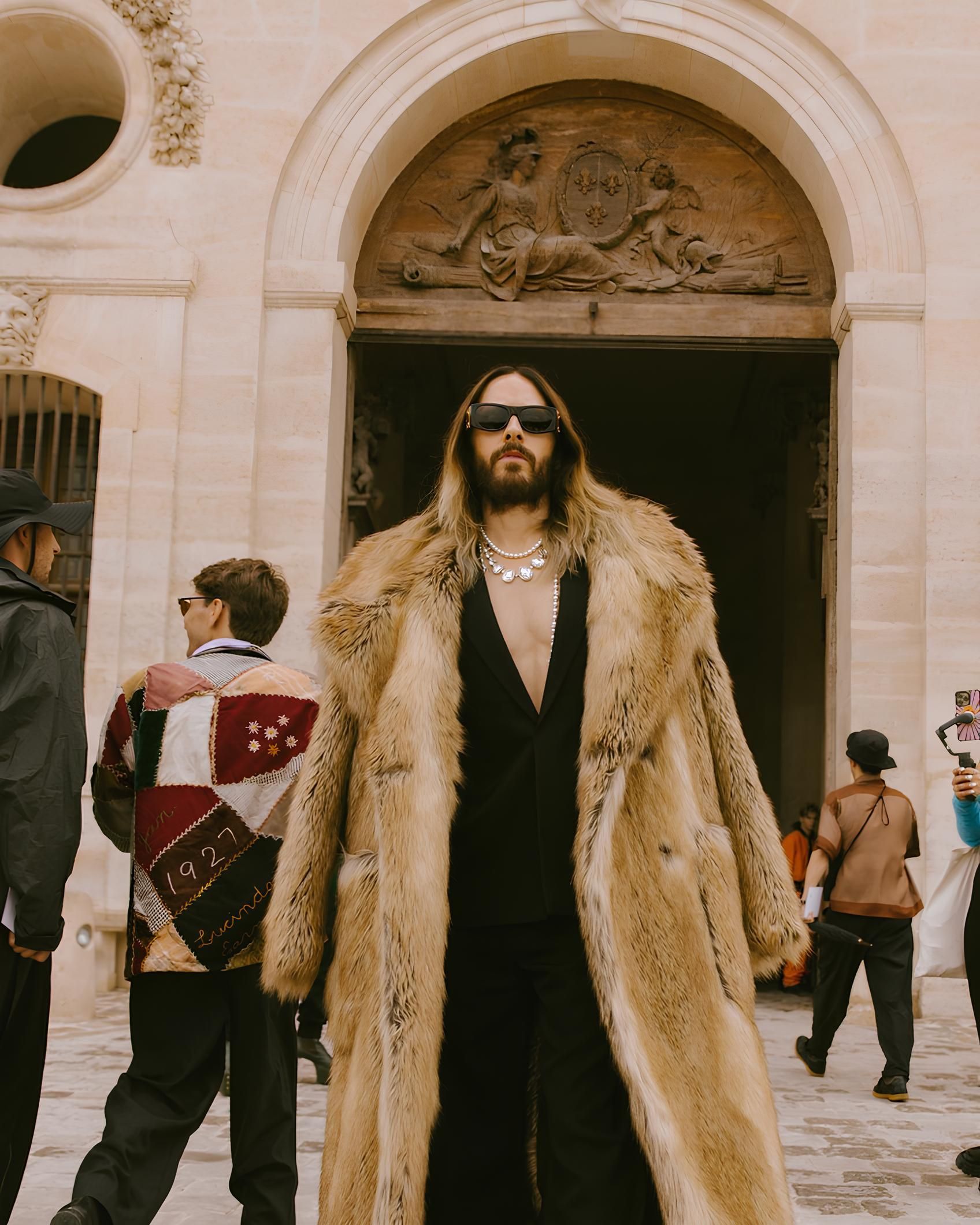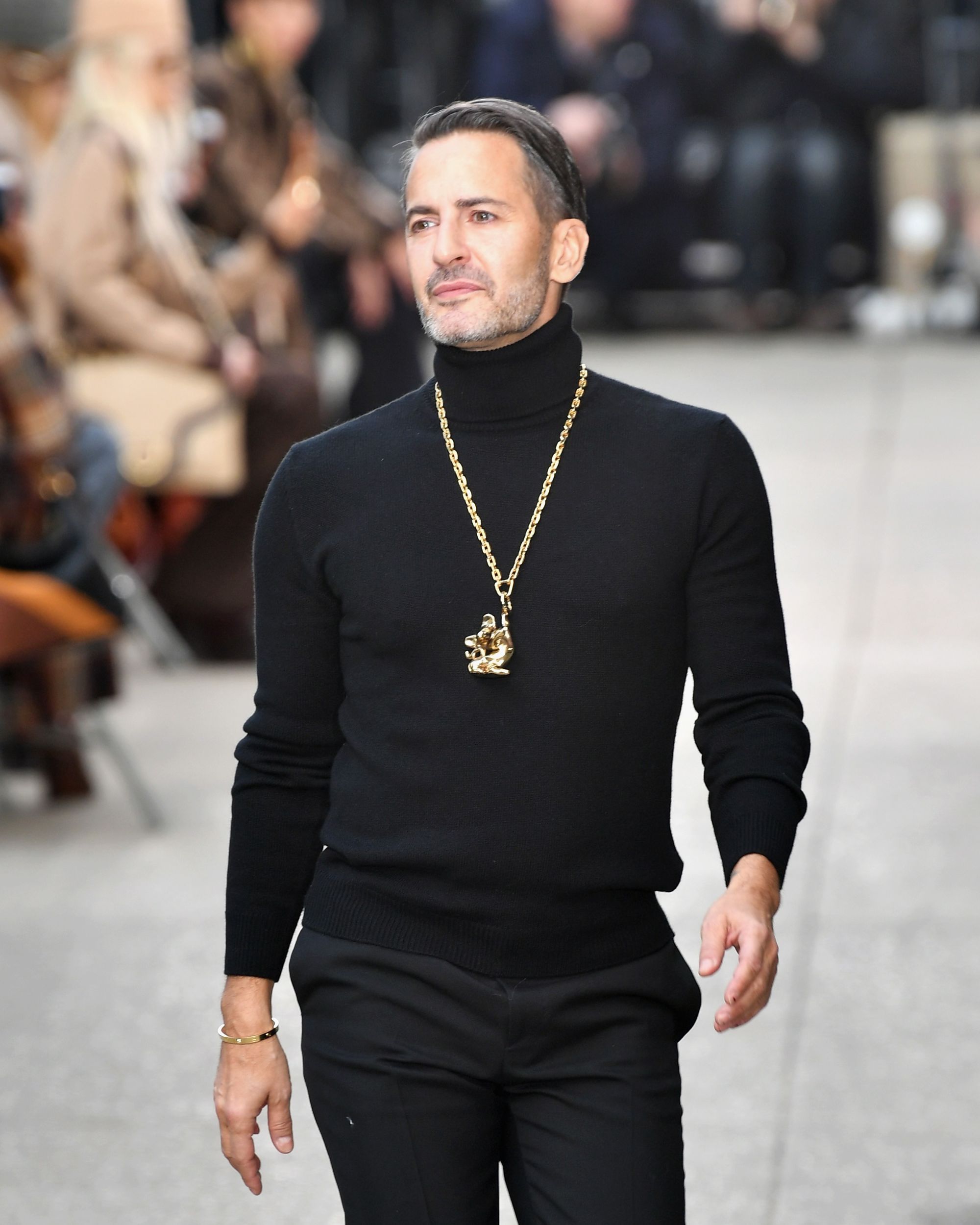
LVMH is facing its biggest crisis yet When even Dior can no longer shine
Last night, under the glass ceiling of the Louvre pyramid, the annual general meeting of the LVMH group took place. A meeting that, this year, was somewhat disastrous and led to the following conclusion: LVMH has never been in such a crisis. Presented by the group's top executive, Bernard Arnault, far less cheerful than in previous years, the results are clear: the company’s shares have almost halved since last April, erasing no less than €221 billion from the group’s market value, removing it from the list of the five largest stocks in Europe and stripping it of its title as the most successful company in France. Moreover, Arnault’s fortune has fallen to $149 billion—still an extremely high amount, certainly, but a dramatic drop for the tycoon, who fell from first to tenth place in the world’s richest people ranking.
Since the start of Q1 2023, $LVMH is down 40% while operating cash flows are up around 3%.
— Mindset for Money, CPA (@MMoney642) June 16, 2025
At what point does this become oversold?
Based on the level of insider buying, management seems to think that time is now. pic.twitter.com/1zHptMiaN3
But who is to blame for this collapse? Most certainly the overall luxury crisis, the withdrawal of Chinese buyers, and the tariffs imposed in the United States by Donald Trump. But not only that. The primary cause of this freefall is LVMH itself. Between Arnault’s tendency for sometimes useless and counterproductive acquisitions, scattered investments in fashion, beauty, restaurants, and hospitality that worry investors, and the lack of a clear and effective management plan, the crisis was inevitable. «As long as LVMH was experiencing significant growth, investors weren’t too concerned about the group’s structure, but when times get tough, they are quick to penalize it with a conglomerate discount,» said Ariane Hayate, fund manager at Edmond de Rothschild Asset Management, which owns LVMH shares. The group should «review its portfolio,» she said, suggesting it might be wise for the group to sell off some of its 75 brands.
and as you probably already know LVMH several brands that are included in the boycott movement for Palestine and this all LVMH Brand pic.twitter.com/K6E9dqStmP
— eme (@won_flys) September 29, 2024
But in addition to a plethora of poorly managed brands and various crises, two specific elements have recently created major issues for the LVMH group. The first concerns the Wines and Spirits division, which we already discussed yesterday. In a context of a downturn in the alcohol industry, faced with a new generation favoring non-alcoholic beverages, and with a significant decline in demand for champagne and other luxury drinks—customers now preferring tequila and American bourbon, which are much cheaper—the group’s alcohol segment is faltering, dragging the rest down with it. Issues that could have been avoided by the new CEOs of the division, Jean-Jacques Guiony and Alexandre Arnault, who worsened the situation on May 1st, Labor Day in France, by announcing that the drop in sales would result in 1,200 job losses.
LVMH vient tout juste de publier ses résultats du 4ème trimestre 2024 et…
— Dividend King (@Divs_King) January 28, 2025
Ils sont clairement très moyen
Le secteur des vins et spiritueux est particulièrement impacté,
L’action baisse de 6% dans les échanges d’après bourse pic.twitter.com/ajOCgltc5W
The second factor dragging the luxury giant down in recent months is the Dior fashion house. Once seen as one of the group’s strongest and most influential brands, as well as in the entire luxury market, the French house is now at a standstill. Between the unreasonable price hikes that displeased clients—prompting them to skip the store during shopping sprees—and bad press following accusations of exploiting undocumented workers in Italy to cut costs, 2025 started off poorly for the House. Although the matter was resolved with limited damage last month, the harm is done. And while the arrival of Jonathan Anderson as creative director is a good sign, it’s uncertain whether it will be enough to restore the house’s damaged reputation—especially since his first collections (with the men's line expected next week) will take time to reach stores and become available for purchase. It thus seems that LVMH will have to wait a while in the rain before sunnier days arrive—if they ever do. «In the past 20 years since we began covering LVMH, we’ve never seen so many red flags,» said Pierre-Olivier Essig, head of research at AIR Capital. «The global financial crisis and the pandemic were major challenges, but LVMH’s size today makes this recent loss in value unprecedented. This is clearly the biggest crisis in LVMH’s history,» he added. A crisis that, however, doesn’t seem to scare Bernard Arnault who, at 76 years old, shows no signs of fatigue, slowing down, or desire to hand over or let go of his empire. Unless, of course, it lets go of him first.









































